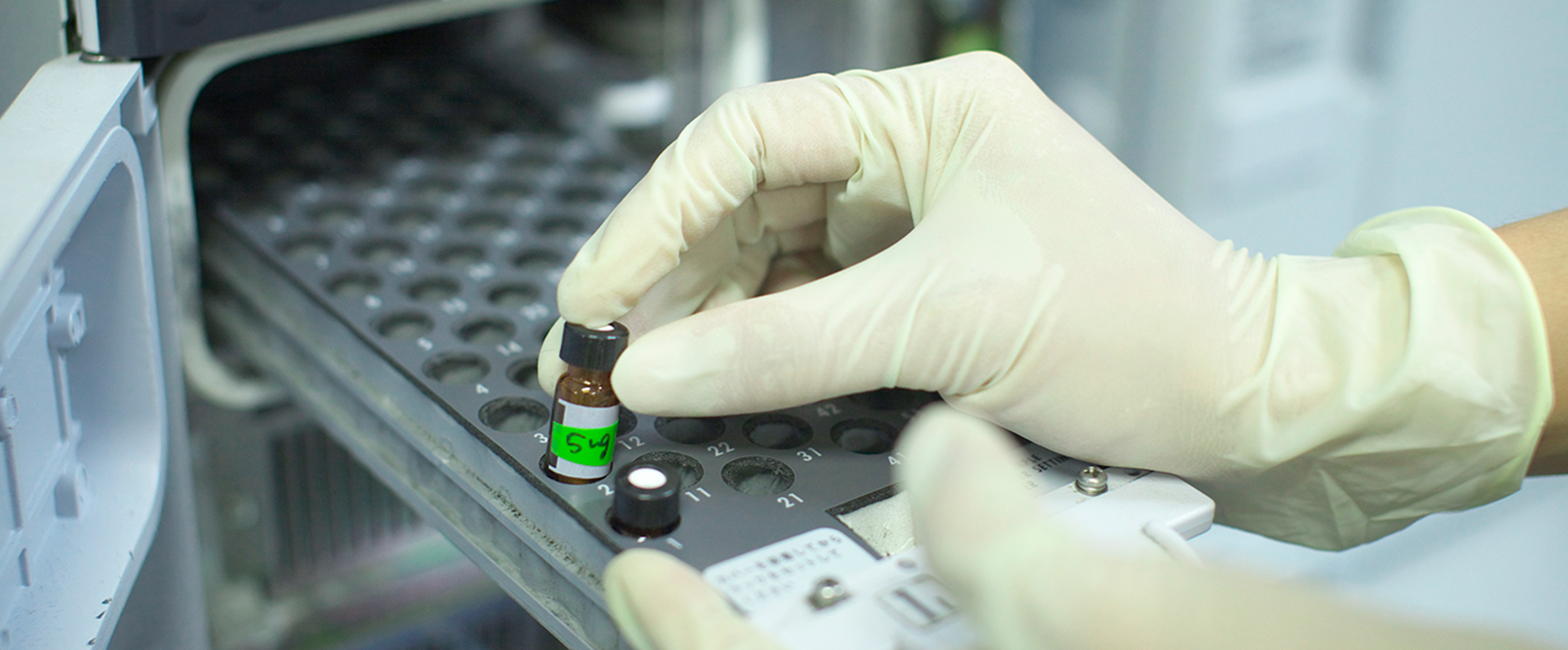Research Institute for
Biomedical Sciences

Division Groups
- Division of Immunology and Allergy
- This division focuses on the development and function of the immune system. We are working on the mechanisms of differentiation,regeneration and tumorigenesis of the immune cells. These studies will lead to the development of the novel regenerative immunotherapy.
- Division of Cancer Cell Biology
- Cancer cells arise from normal cells through genetic insults and are hallmarked by overgrowth and invasive/metastatic abilities.Cancer cells are affected by surrounding normal cells and immune system.This research division aims to uncover the nature of cell growth, differentiation, genetic and metabolic regulation of the cells in such abnormal-normal cell society.
- Division of Biosignaling
- This division seeks to understand a variety of biological functions in brain and immunity from the viewpoint that living organisms are multi-layered complex systems.To this aim, we are collecting, analyzing, and integrating multimodal data obtained by advanced measurement techniques and visualization tools.
- Division of Cell Fate Regulation
- The mission of our division is to understand the alteration and regulation of life & cell-fate by investigating them at each of multiple chronological stages, and at each scales between biomolecules, genome, RNA, protein, cell, tissue, and a living organism.
- Division of Molecular Pathology
- This research division seeks to understand a picture of the homeostatic regulation by cytokines. Aberrations of the cytokine system is known to tightly associate with various immunological disorders. Our ultimate goal is to understand cytokine biology to control immune responses. This can be a powerful way to control disease.Therefore, this division pursues research investigating the mechanisms underlying the cytokine related pathogenic situations, including infectious diseases, autoimmune diseases, and allergy.
- Division of Molecular Regulation of Inflammatory and Immune Diseases
- Clinical development of therapeutics based on basic research for intractable inflammatory and immune diseases, particularly chronic inflammation-associated organ fibrosis and cancer.
- Division of Biomedical Technology
- A project laboratory is set in NEXT Medical Device Innovation Center, National Cancer Center(NCC)Hospital East, which is equipped with common research facilities of TUS and NCC. Proper research staff members of the laboratory (cross appointment assistant professors) are also affiliated to both TUS and NCC. By the direct collaboration between academic researchers and medical doctors, we are developing innovative medical devices for realizing "hyper-assisted medical care" that assists medical care with "abilities beyond human skil".
- Divison of Integrated Research
- Our division researches together with other faculties on campus, other research institutes, and industries to promote advanced interdisciplinary collaborative research. To achieve our mission, we maintain an animal facility with high quality and support to create the genetically modified mice. We also provide the various advanced and well-maintained equipment, and the research space in our insitute.
List of Faculty Members
| Director | OCHIAI Atsushi | |
|---|---|---|
| Division of Immunobiology and Allergy |
Professor | IKAWA Tomokatsu |
| Associate Professor | MOTOMURA Yasutaka | |
| Junior Associate Professor | SHIGEHIRO Tsukasa | |
| Assistant Professor | HIRAKAWA Mayumi | |
| Assistant Professor | ITO Naoto | |
| Professor (Concurrent faculty) |
NAKAMURA Yoshikazu | |
| Division of Cancer Cell Biology |
Professor | KITAMURA Daisuke |
| Associate Professor | KON Shunsuke | |
| Assistant Professor | TENNO Mari | |
| Assistant Professor | SAKAE Yuuta | |
| Professor (Concurrent faculty) |
AOKI Shin | |
| Associate Professor (Concurrent faculty) |
HARADA Yohsuke | |
| Professor (Concurrent faculty) |
MIYAGAWA Shinichi | |
| Division of Biosignaling |
Professor | NAKAMURA Takeshi |
| Associate Professor | HAENO Hiroshi | |
| Junior Associate Professor | KOINUMA Shingo | |
| Assistant Professor | SAEKI Koichi | |
| Professor (Concurrent faculty) |
WADA Naoyuki | |
| Division of Cell Fate Regulation |
Associate Professor | SAKURAI Masayuki |
| Assistant Professor | YAN Yuxi | |
| Professor (Concurrent faculty) |
HIGAMI Yoshikazu | |
| Professor (Concurrent faculty) |
WADA Takeshi | |
| Professor (Concurrent faculty) |
TORIGOE Hidetaka | |
| Division of Molecular Pathology |
Professor | NITTA Takeshi |
| Professor | YOSHIMURA Akihiko | |
| Assistant Professor | MISE Setsuko | |
| Assistant Professor | MURO Ryunosuke | |
| Assistant Professor | IIZUKA Mana | |
| Division of Molecular Regulation of Inflammatory and Immune Diseases |
Professor | MATSUSHIMA Kouji |
| Associate Professor | UEHA Satoshi | |
| Associate Professor | TERASHIMA Yuya | |
| Junior Associate Professor | SHICHINO Shigeyuki | |
| Division of Biomedical Technology |
Professor (Concurrent faculty) |
TAKEMURA Hiroshi |
| Professor (Concurrent faculty) |
SOGA Kohei | |
| Professor (Concurrent faculty) |
HAYASE Masanori | |
| Professor (Concurrent faculty) |
YASUMORI Atsuo | |
| Divison of Integrated Research |
Professor | OCHIAI Atsushi |
| Junior Associate Professor | OGAWA Shuhei | |
| Professor (Concurrent faculty) |
KOMURA Takayoshi | |
| Shared equipment | Technical Assistant | HARA Yasushi |
